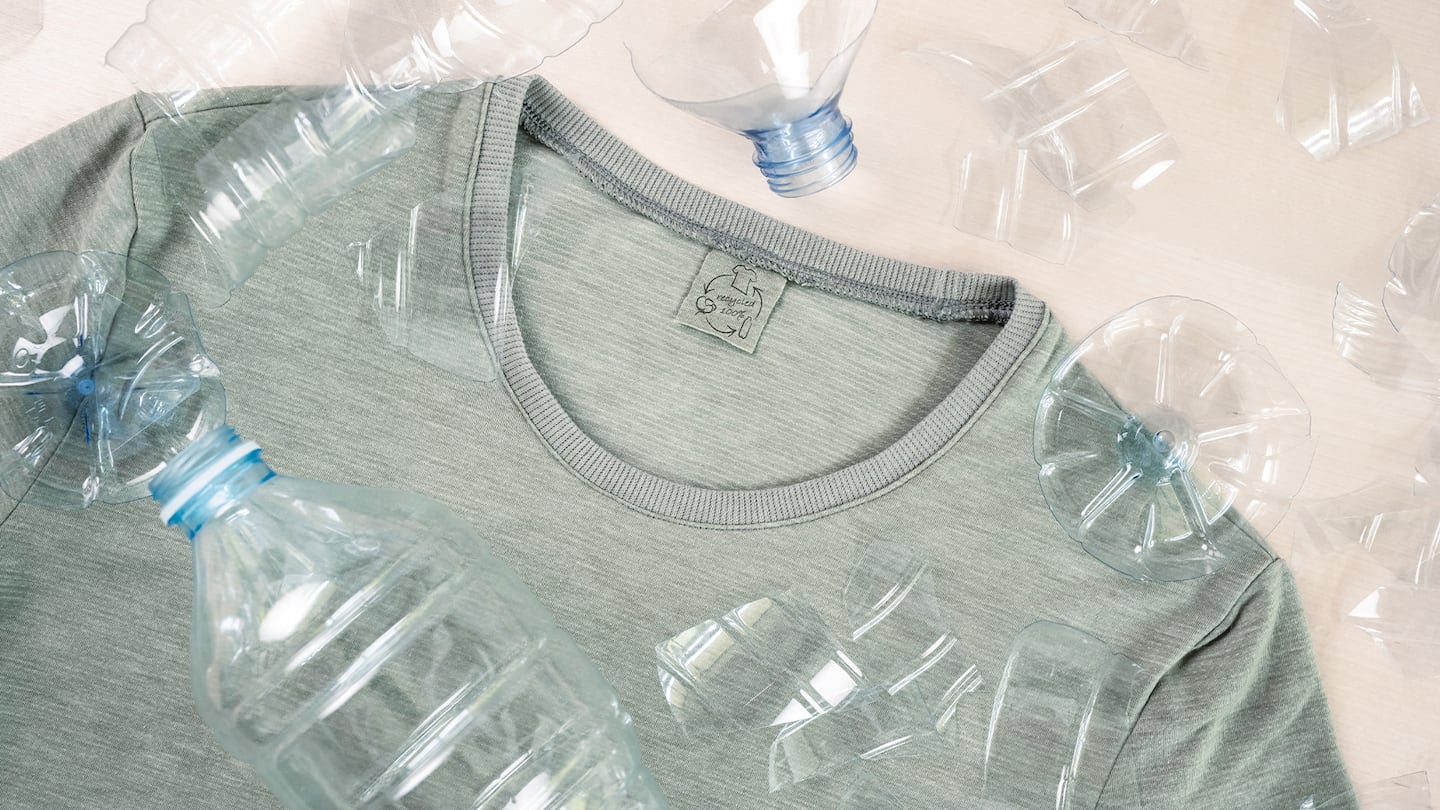
The Business of Fashion
Agenda-setting intelligence, analysis and advice for the global fashion community.

Agenda-setting intelligence, analysis and advice for the global fashion community.

Across the advertising industry, agencies are wrestling with their role in greenwashing scandals and their support for clients driving the climate and nature crises.
Companies are to face stricter rules from regulators in London and Brussels over what they can tell consumers about their role in the climate crisis and the loss of nature. Terms such as “carbon neutral”, “nature positive” and those concerned with offsetting are to undergo greater scrutiny by organisations such as the Advertising Standards Authority in the UK. In order to take meaningful action, agencies must also reconsider their relationships with major polluters, industry insiders have said.
“The era of unspecific claims such as ‘environmentally friendly’ is over,” said Jonny White, senior business director at AMV BBDO, which works with companies including Diageo, Unilever and Bupa. “Misleading environmental claims are under the microscope from advertising regulators, consumer watchdogs and even governments. The risks of getting it wrong are huge, with brands being shamed publicly when they are guilty of misleading the public,” he said.
Creative members of advertising agencies are having to work closely with their legal teams when advising clients on their climate claims, insiders have said, with an increased risk of fines and advert bans in some countries.
ADVERTISEMENT
In the UK, the Ad Net Zero programme was launched in 2020 in a bid to reduce the carbon impact of the advertising industry’s operations to net zero by 2030, but many agencies are developing in-house teams for sustainability-focused campaigns.
“In many client organisations, there is still a big gap between the marketing and sustainability teams. They have different, often competing objectives, and are accountable in very different ways,” said Ben Essen, global chief strategy officer at the global marketing agency Iris Worldwide, which works with firms such as Adidas, Starbucks and Samsung and is also doing the campaign for Cop26.
Essen said there is an “inherent tension” between the need to engage audiences through “often hyperbolic stories” and the need for sustainability teams to deal in the substance.
On Thursday, the European Parliament voted to ban claims of carbon neutrality that are based on offsetting. The EU environment commissioner, Virginijus Sinkevičius, said firms would face greater scrutiny about their claims with offsets but stopped short of supporting a ban, given their potential to fund climate crisis mitigation.
“Climate-related claims have been shown to be particularly prone to being unclear and ambiguous, misleading the consumer. Claims like ‘climate neutral’, ‘carbon neutral’, ‘100% CO2compensated’ and ‘net zero’ are very often based on offsetting. We need to set things straight for consumers and give them full information,” he said.
Blake Harrop, president of Wieden+Kennedy Amsterdam, which works with Airbnb, Meta and Nike, said that the greenwashing clampdown in the EU and the UK would provide competitive opportunities for companies that had genuine environmental credentials. “For good brands with good intentions and responsible messaging, I expect there will be little change. But for companies that have oversimplified and overstated their sustainability claims, then life is about to get complicated,” he said.
“It’s an interesting time to work in the legal department of an advertising agency. We need to pay a lot of attention to the opportunities and risks generated by AI, government policies regarding media platforms like TikTok around the world, and of course, greenwashing laws.
“If all brands can claim they’re green, then you remove the incentive to win consumers based on superior commitments to the environment. This will hopefully make being an environmentally responsible brand even better for business,” he said.
ADVERTISEMENT
Within the advertising industry, there is ongoing friction regarding agencies continuing to work with fossil fuel companies. Clean Creatives, an organisation based in the US, publishes an annual “F-list” of agencies that work with some of the world’s biggest polluters. It also runs the Clean Creatives pledge for agencies that want to swear off working with fossil fuel clients in the future. To date, more than 500 agencies have signed up.
However, Ad Net Zero has previously declared it does not stand behind that campaign, with its chair, Seb Munden, saying: “We cannot leave huge swathes of the industry behind.”
By Ellen Ormesher and Patrick Greenfield
Learn more:
The EU’s New Greenwashing Rules, Explained
Fashion brands will need to back up ‘green’ claims or risk fines of at least 4 percent of annual revenue in the offending market. But the regulations still leave a lot open to interpretation.
Fashion’s biggest sustainable cotton certifier said it found no evidence of non-compliance at farms covered by its standard, but acknowledged weaknesses in its monitoring approach.
As they move to protect their intellectual property, big brands are coming into conflict with a growing class of up-and-coming designers working with refashioned designer gear.
The industry needs to ditch its reliance on fossil-fuel-based materials like polyester in order to meet climate targets, according to a new report from Textile Exchange.
Cotton linked to environmental and human rights abuses in Brazil is leaking into the supply chains of major fashion brands, a new investigation has found, prompting Zara-owner Inditex to send a scathing rebuke to the industry’s biggest sustainable cotton certifier.